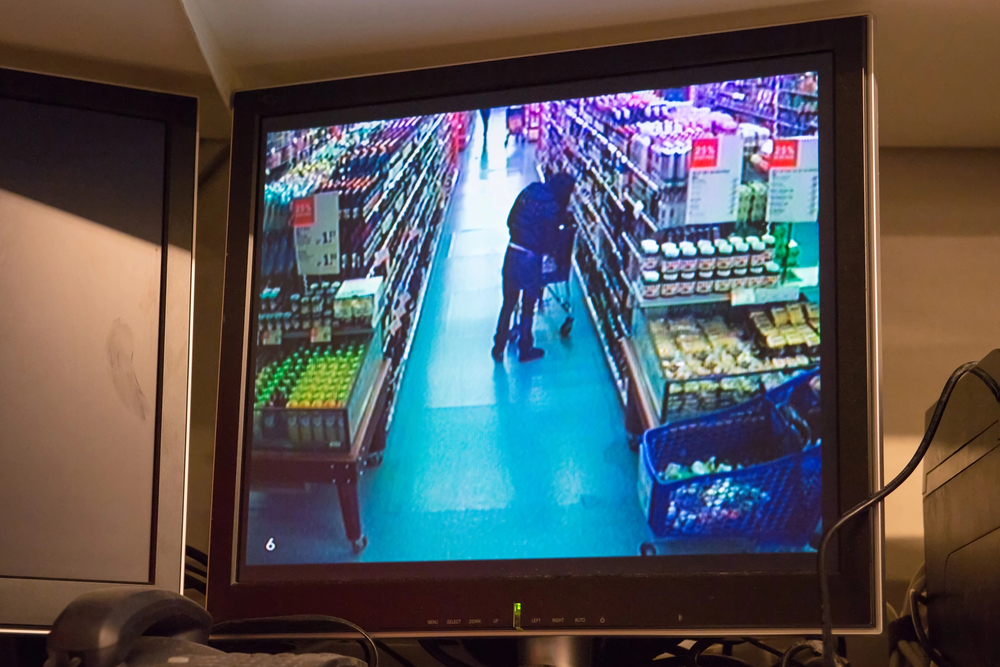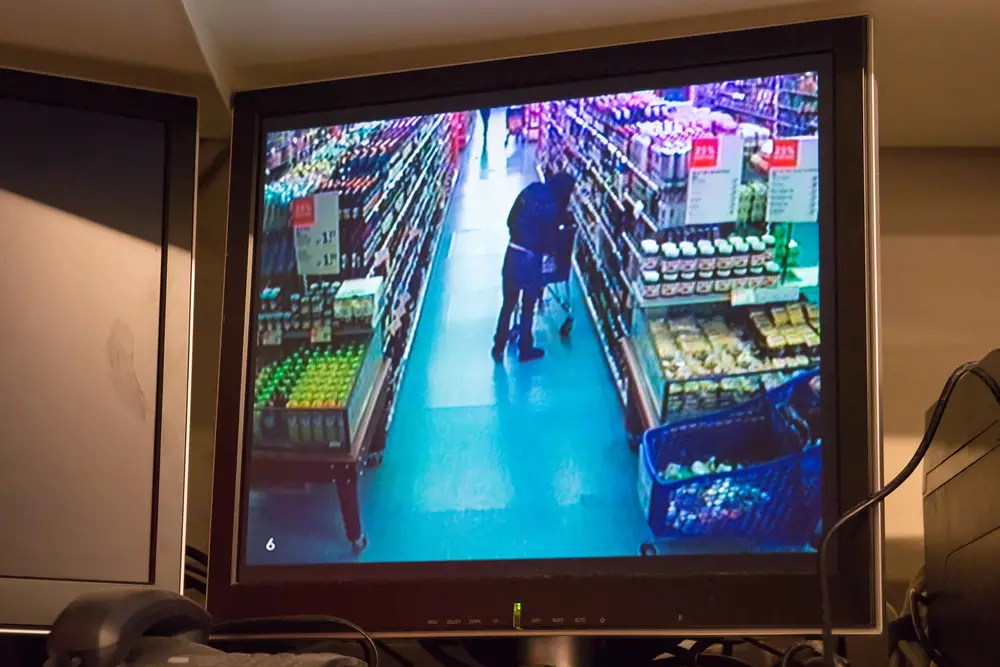From artisanal crepes to rebellious cheesecake waffles, Reading's breakfast rebels are transforming morning meals. These seven spots will revolutionize how you start your day.
James Peter Hook, a 46-year-old serial shoplifter, has been sentenced to 16 weeks imprisonment after pleading guilty to 32 shoplifting offences. Hook's criminal history is extensive, with a recent spree in the Reading area resulting in significant financial losses. He targeted multiple shops, stealing goods worth £3,349, mainly consisting of alcohol. A thorough investigation by the Reading Town Centre neighborhood team led to Hook's arrest and conviction. The sentence reflects the seriousness of his crimes and serves as a deterrent to potential shoplifters. But just how extensive is Hook's criminal record, and what can be done to prevent such crimes in the future?
Offender's Criminal History
Although James Peter Hook, the 46-year-old serial shoplifter, has only recently been sentenced to 16 weeks imprisonment for 32 shoplifting offences, his criminal history likely extends further back. The extent of his prior offences remains unclear, but it is evident that Hook has been engaging in illegal activities for some time.
His recent spree, which took place between September 2 and November 20, targeted multiple shops in the Reading area, resulting in significant financial losses. Hook's criminal record is expected to be more extensive than the 32 offences for which he was sentenced. A thorough examination of his past activities may reveal a longer history of criminal behaviour.
Targeted Stores and Goods

During his spree, Hook targeted multiple shops in the Reading area, with a particular focus on a London Road shop, which he targeted 26 times, stealing goods mainly consisting of alcohol worth £3,349.
Moreover, he targeted a Caversham shop on two occasions, a Reading shop for champagne worth £220, and an Emmer Green shop for meat valued at £550. Furthermore, he targeted an opticians for sunglasses worth £800.
Hook's brazen shoplifting spree resulted in significant financial losses for the targeted stores, causing stress and disruption to their daily operations. The variety of goods stolen and the frequency of his offences underscore the severity of Hook's criminal behavior.
Investigation and Arrest
A lengthy investigation led by the Reading Town Centre neighborhood team ultimately culminated in Hook's arrest. Officers meticulously tracked him down and gathered sufficient evidence to charge him with the 32 shoplifting offences.
Investigating officer PC Vince Moore was involved in the case, which revealed Hook's extensive criminal activity. The team worked tirelessly to gather evidence, following a trail of clues that led them to Hook's doorstep. Their diligence paid off, and Hook was ultimately apprehended, bringing an end to his shoplifting spree.
The successful investigation and subsequent arrest demonstrate the police's commitment to tackling shoplifting and bringing offenders to justice.
Impact of Shoplifting Crimes
The financial losses and emotional distress inflicted upon the targeted stores and their staff were significant, with Hook's repeated thefts causing a profound impact on the affected businesses and their employees.
The cumulative effect of his 32 shoplifting offences resulted in substantial financial losses, with stolen goods totaling £3,349. Additionally, the emotional toll on store staff cannot be overstated, as they were left to deal with the stress and anxiety of repeated thefts.
The impact of shoplifting crimes extends beyond mere financial losses, affecting the well-being and morale of those employed by the targeted stores.
Sentencing and Conviction

Following a lengthy investigation, James Peter Hook was sentenced to 16 weeks imprisonment after pleading guilty to 32 shoplifting offences. The conviction marks a significant milestone in the efforts to tackle shoplifting in the Reading area.
Hook's spree, which spanned between September 2 and November 20, resulted in the theft of goods worth £3,349, mainly consisting of alcohol. The sentencing followed a hearing at Reading Magistrates Court, where Hook admitted to the offences.
The conviction serves as a deterrent to potential shoplifters and a reminder to buyers of stolen goods. The sentence reflects the seriousness of Hook's crimes, and the police's commitment to bringing offenders to justice.
Community and Police Response
Police efforts to tackle shoplifting in Reading have been strengthened through collaboration with local businesses and increased patrols in affected areas. This unified approach has led to the successful apprehension of serial shoplifter James Peter Hook, who targeted multiple stores in the area.
The police's vital stance on shoplifting has been emphasized, with a commitment to bringing offenders to justice and supporting affected businesses. The community has played an essential role in this effort, with neighborhood teams working closely with local businesses to prevent future incidents.
Through improved security measures, increased patrols, and community awareness campaigns, the police aim to prevent shoplifting and protect local businesses from financial loss and stress.
Legal Proceedings and Charges

Hook's guilty plea to 32 shoplifting offences led to his sentencing at Reading Magistrates Court, where he was handed a 16-week prison term. This sentence follows a lengthy investigation by the Reading Town Centre neighborhood team, which tracked Hook down and charged him with multiple counts of shoplifting.
The charges included theft of alcohol, meat, and sunglasses from different shops in the Reading area, resulting in a significant financial loss to the targeted stores. Hook's conviction serves as a deterrent to potential shoplifters and a reminder to buyers of stolen goods.
The legal proceedings highlight the zero-tolerance approach to shoplifting, and the police's commitment to bringing offenders to justice.
Preventive Measures and Support
In response to the serial shoplifting incidents, local authorities have implemented improved security measures in targeted stores, increased police patrols in affected areas, and launched community awareness campaigns to prevent future incidents. These measures aim to deter potential offenders and reassure affected businesses.
Moreover, cooperation with local businesses has been bolstered to strengthen security and encourage reporting of suspicious activities. Support for affected store owners and staff has also been provided, including counseling services and community initiatives to prevent shoplifting.
Conclusion
The conviction of James Peter Hook serves as a deterrent to potential shoplifters, underscoring the importance of cooperation between law enforcement, businesses, and the community to prevent future incidents.
This sentencing reinforces the police's zero-tolerance stance on shoplifting, emphasizing the need for collective action to combat this crime.
By working together, the community can reduce the financial and emotional toll of shoplifting on local businesses.
